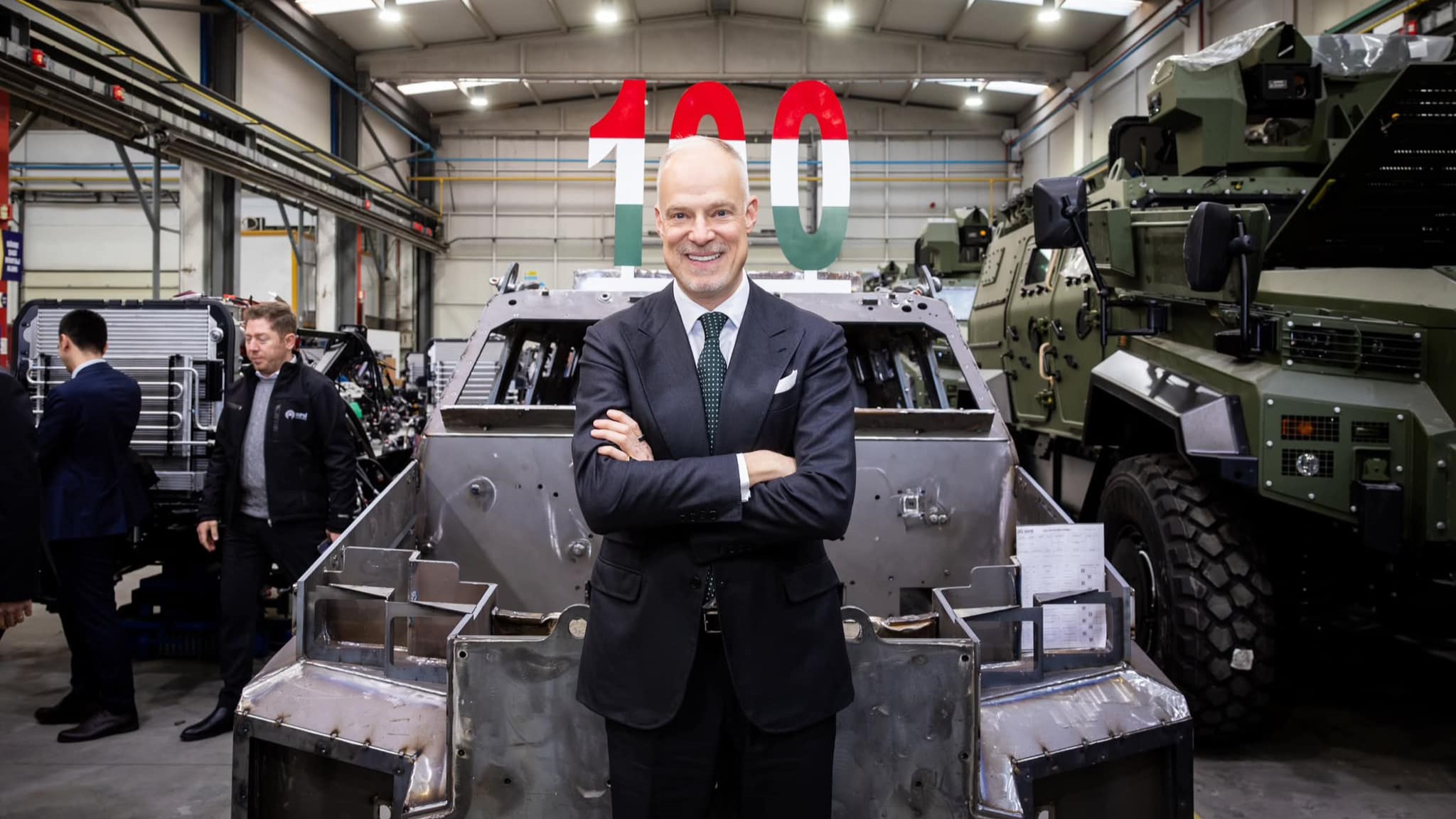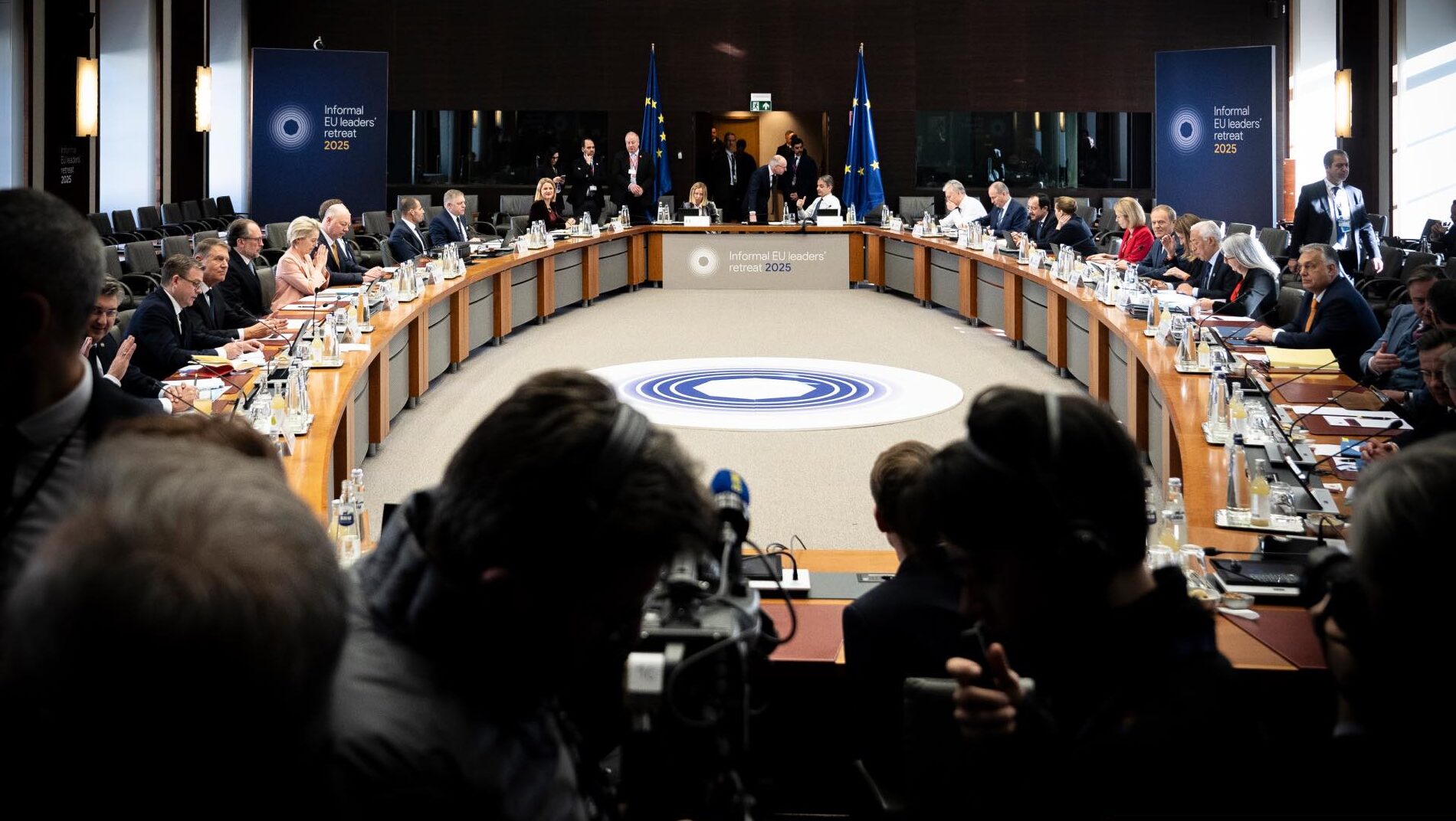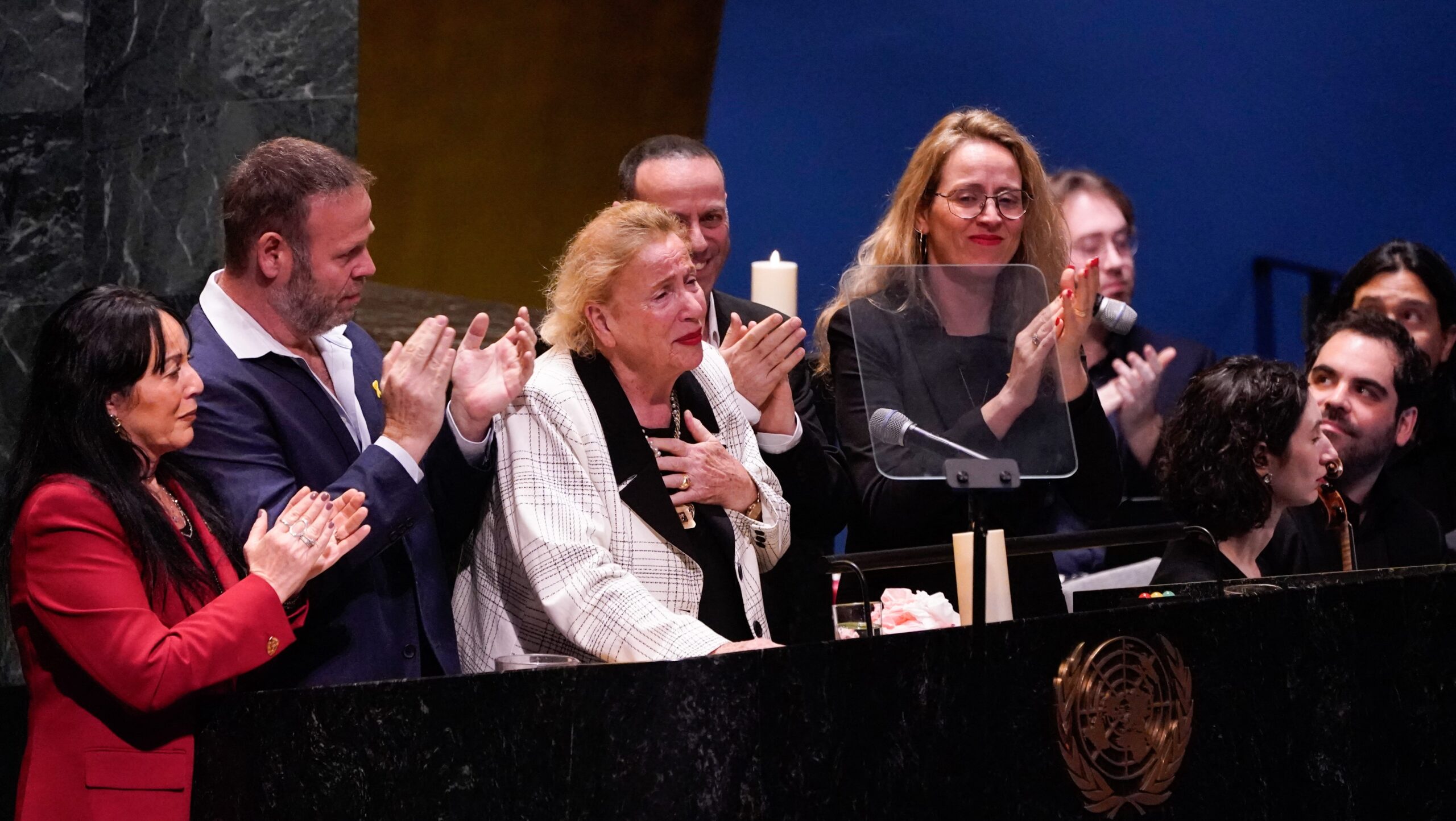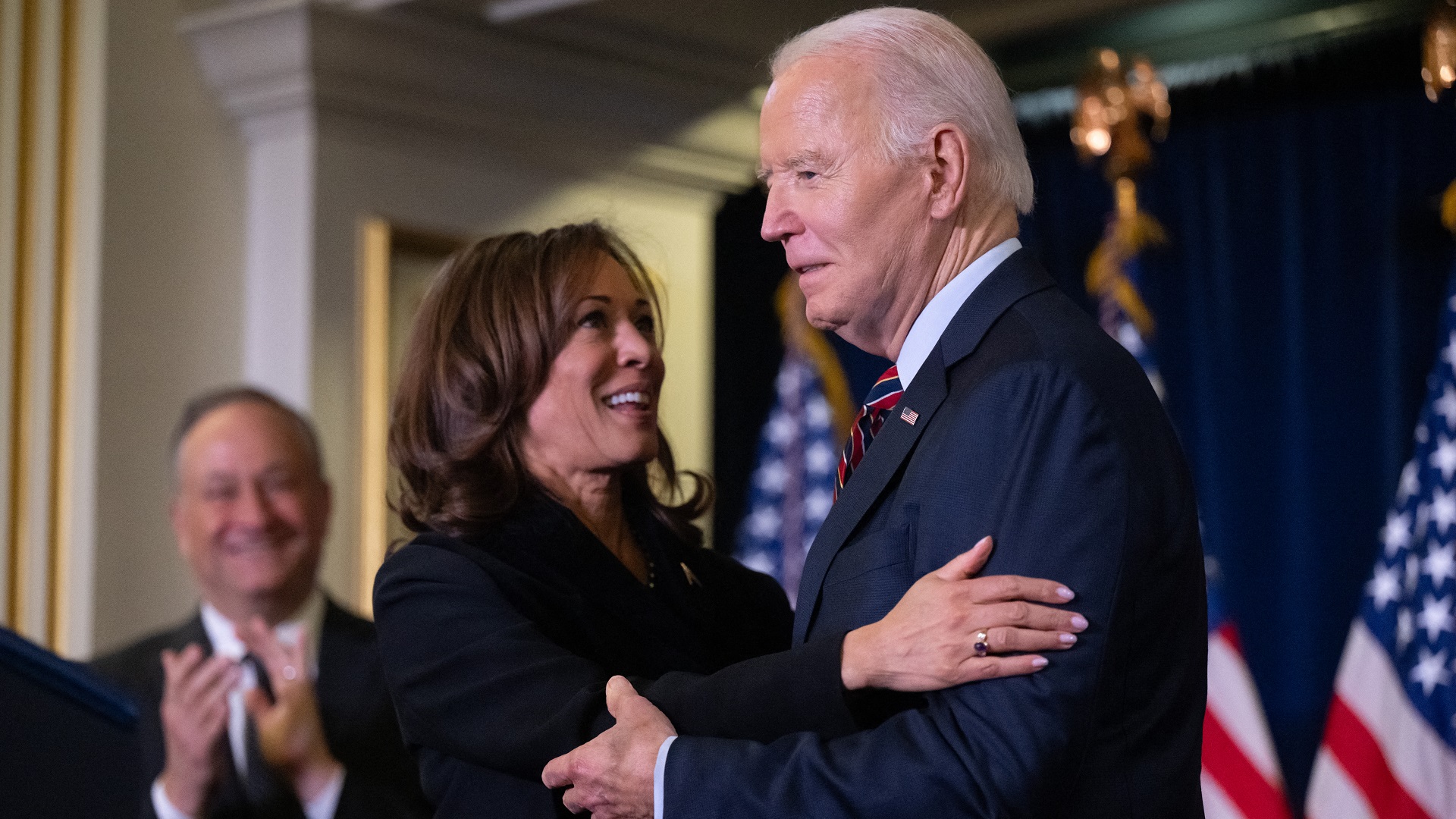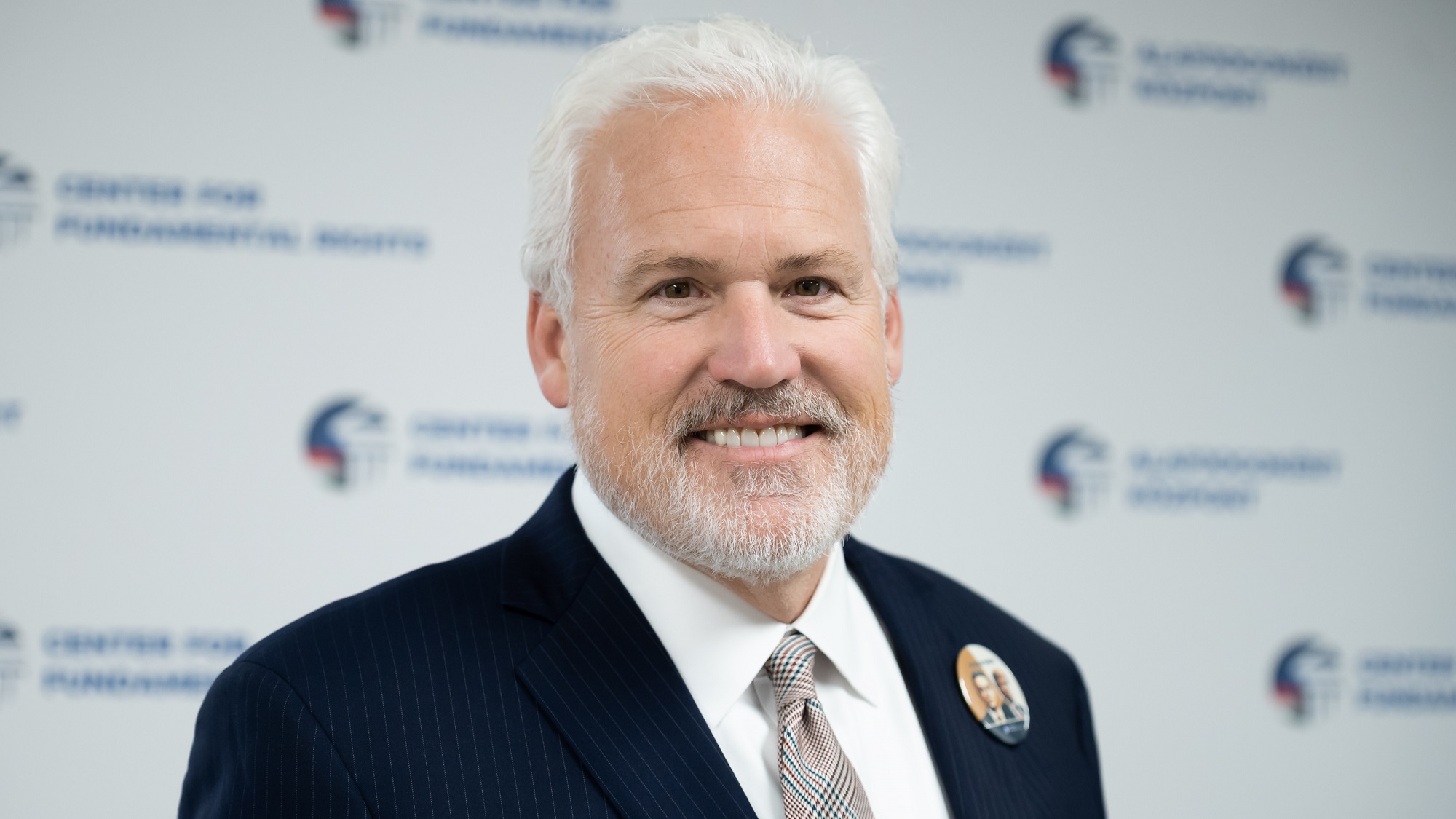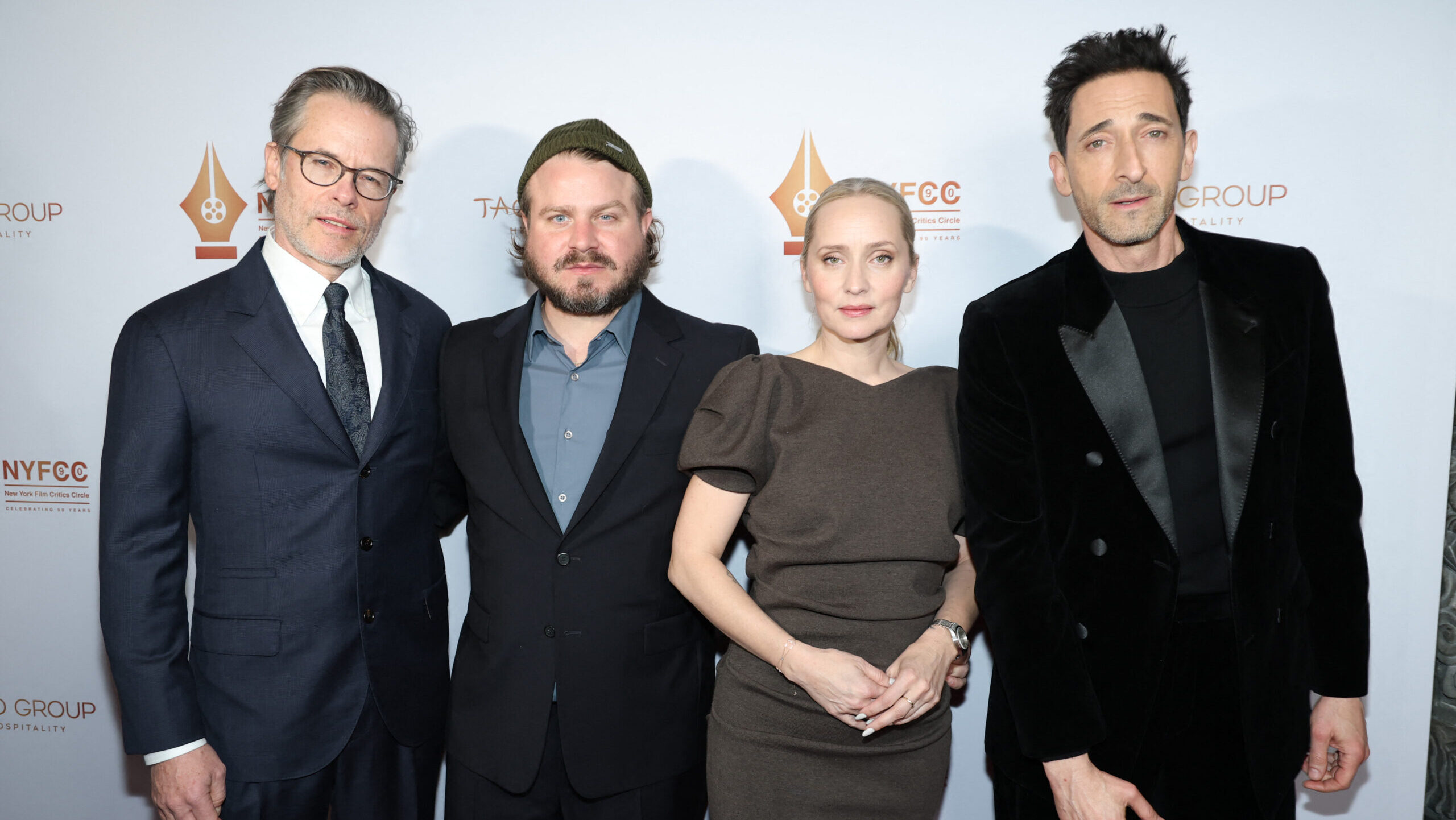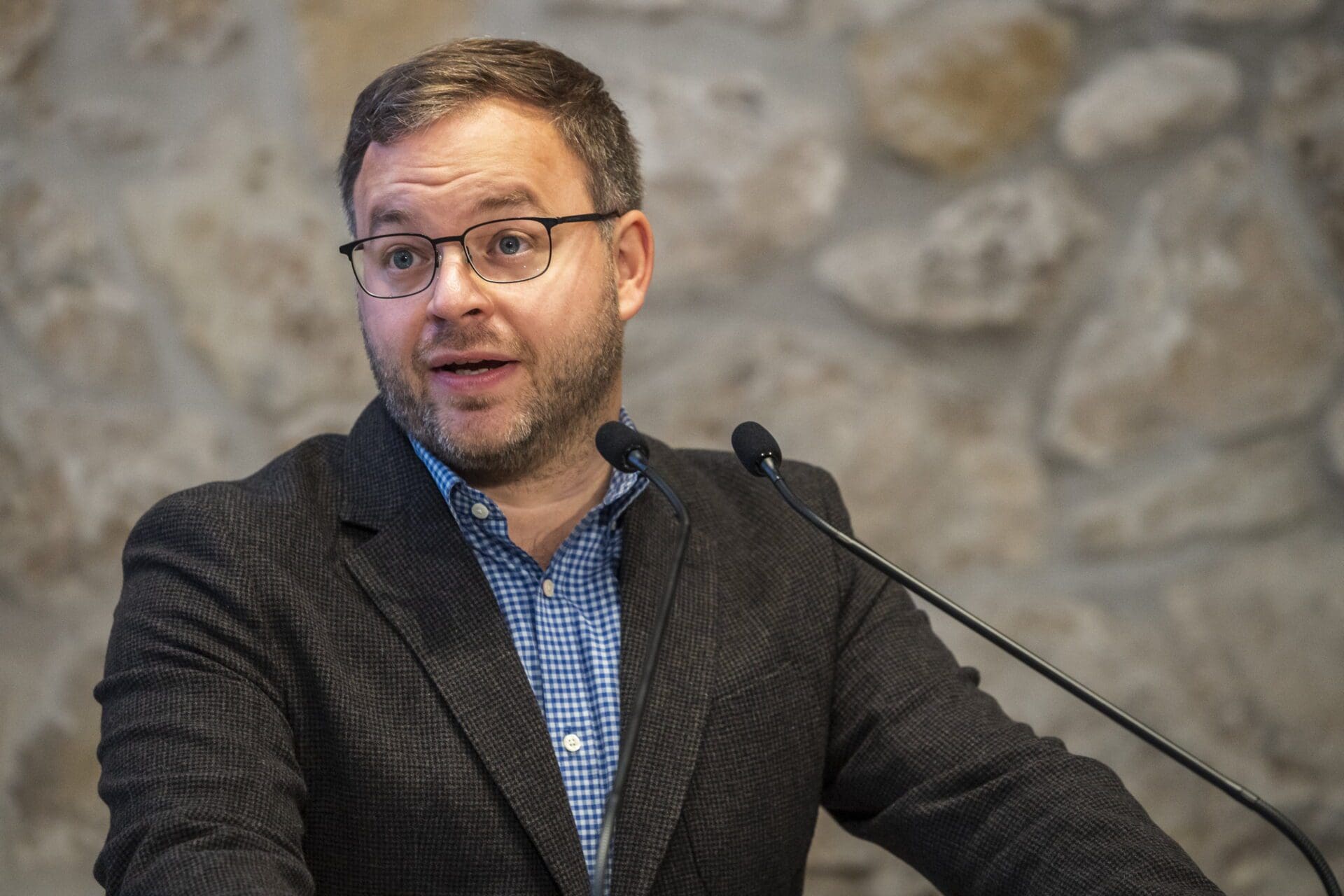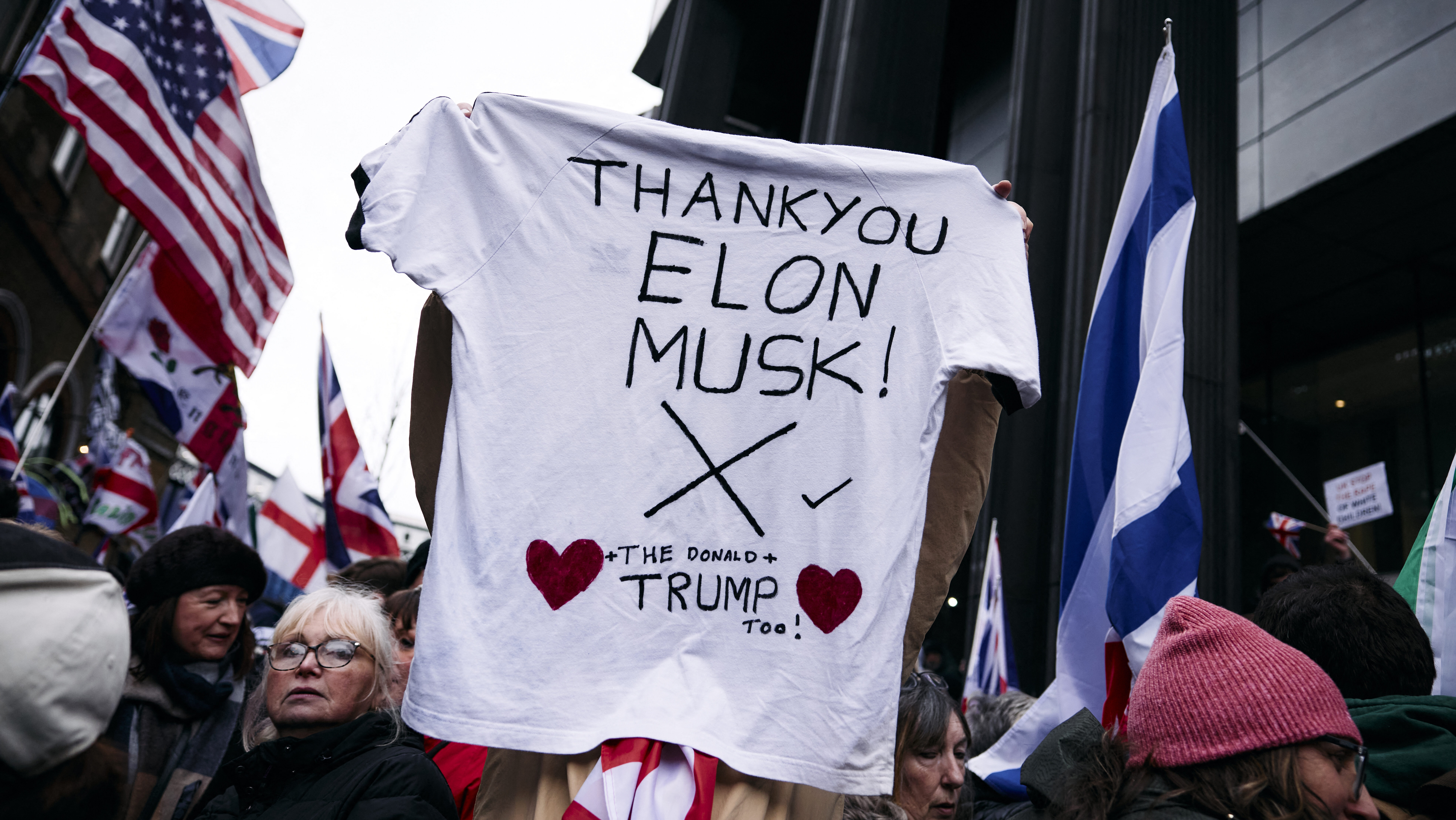
An Alternative Proposition for the New Champions League Format
In this piece, I, the author, argue that UEFA should do away with the new Swiss system league phase for the Champions League. Instead, they should replace it with four groups of nine teams, which would play each other once in the group stage, with four advancing from each group to the Round of 16 in the end.

